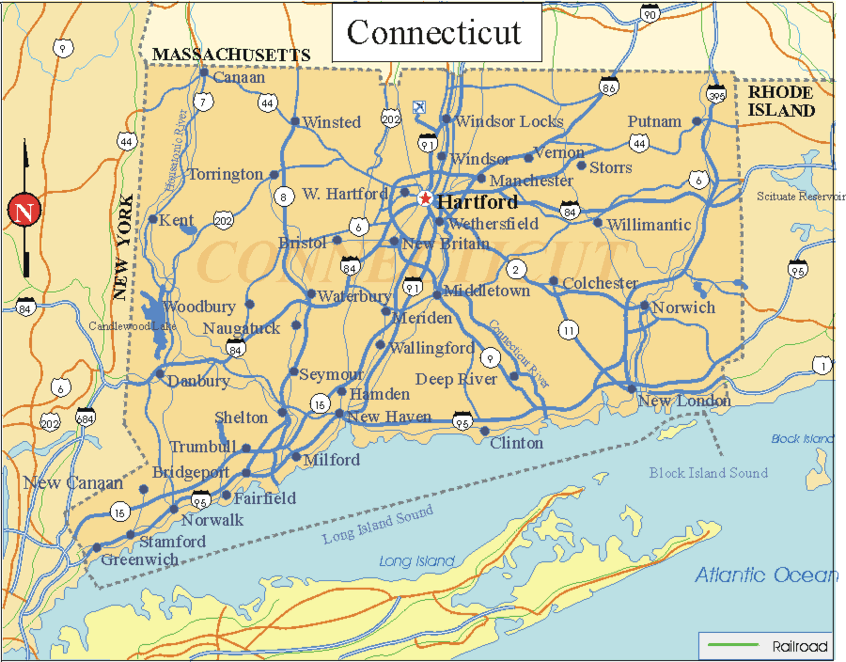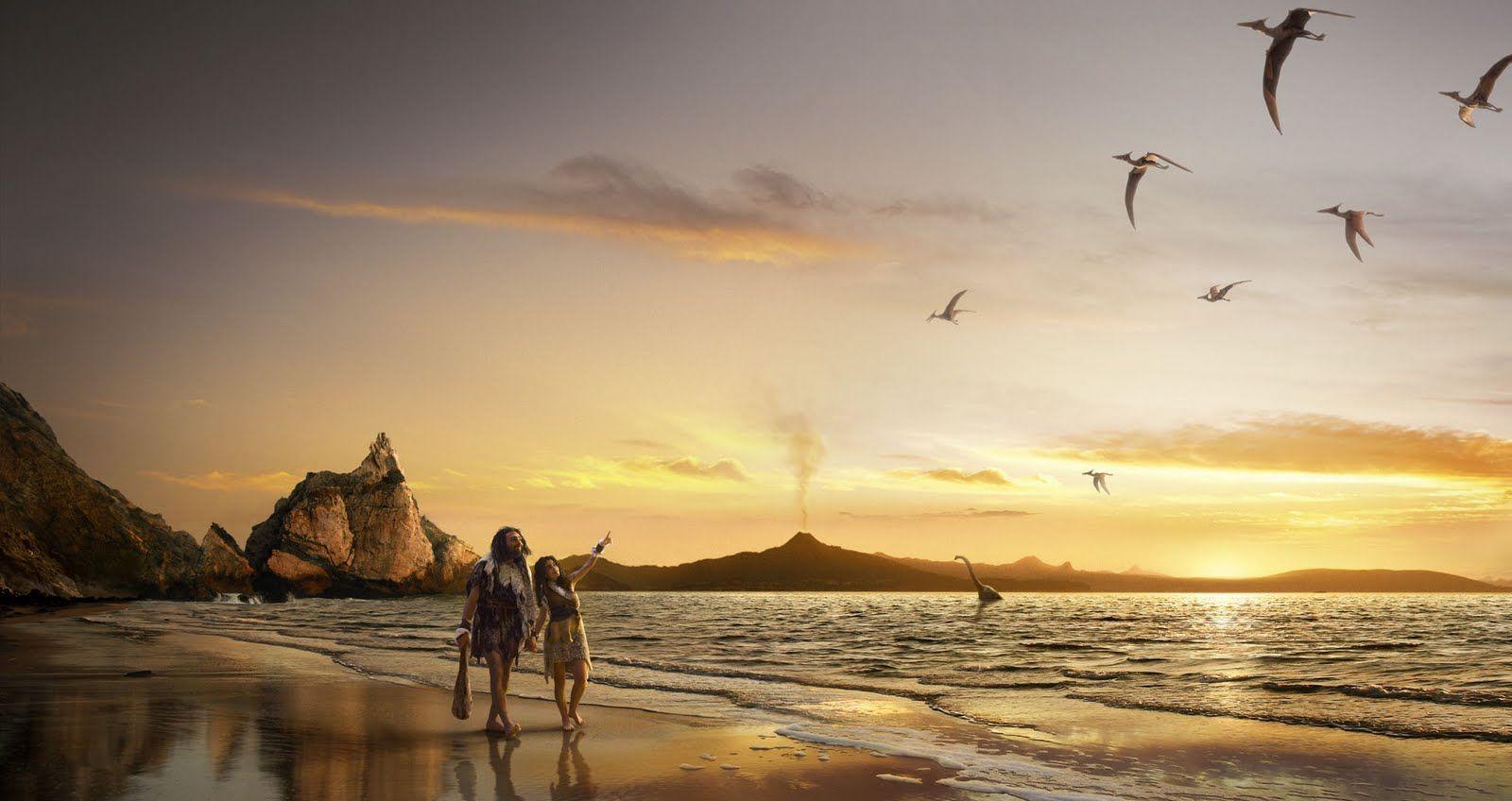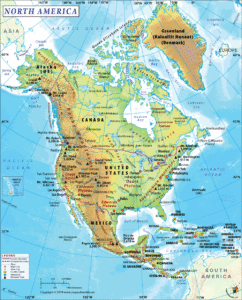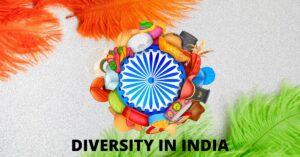Paraguay, a landlocked nation nestled in the heart of South America, often escapes the attention of global travelers. However, its rich tapestry of culture, natural beauty, and unique traditions merits exploration. This article delves into intriguing facts about Paraguay, showcasing its multifaceted identity.
1. Linguistic Heritage: Guaraní and Spanish
One of Paraguay’s most remarkable cultural attributes is its bilingualism. The nation recognizes both Guaraní and Spanish as official languages, making it one of the few countries in the world where an indigenous language is spoken by the majority of the population. Guaraní is not merely a means of communication; it is an integral component of national identity and pride, deeply woven into everyday life and cultural expressions. This linguistic duality enriches the Paraguayan experience, with proverbs and folklore branching from both tongues.
2. Festivals: A Celebration of Life
Paraguayans have a penchant for vivid celebrations that encapsulate their cultural spirit. One spectacular event is the “Carnaval de Encarnación,” which features vibrant parades, traditional music, and exuberant dance. The festival, usually held before Lent, transforms the city into a dazzling display of color and rhythm. In addition, the “Fiesta de la Comida Paraguaya,” dedicated to traditional Paraguayan culinary delights, showcases the nation’s gastronomic diversity and communal spirit.
3. Biodiversity and National Parks
Paraguay boasts a remarkable array of natural wonders. The nation is home to the Atlantic Forest, one of the most biodiverse ecosystems on the planet. National parks like “Defensores del Chaco” and “Ybycuí” preserve this natural heritage, offering a sanctuary for myriad species of flora and fauna. Birdwatchers flock to Paraguay to glimpse rare avian species, including the swan-like jabiru stork. The diverse topography oscillates between lush forests, savannas, and rivers, providing habitats for wildlife that are not found anywhere else.
4. Culinary Delights: Traditional Dishes
Paraguayan cuisine is a delightful fusion of indigenous and Spanish influences, characterized by its unique ingredients and preparation methods. One standout dish is “sopa paraguaya,” a cornbread-like creation that is often served as a side at meals. Another culinary staple is “technical”, a type of beef empanada. Additionally, the ubiquitous mate tea is integral to socializing; it is brewed and shared communally, embodying the warmth of Paraguayan hospitality.
5. The Itaipu Dam: Engineering Marvel
An engineering feat that straddles the border between Paraguay and Brazil, the Itaipu Dam is one of the largest hydroelectric plants in the world. Completed in the 1980s, it generates a significant portion of Paraguay’s energy, demonstrating the nation’s innovative spirit. The dam is not only a powerhouse of industry but also a focal point for eco-tourism, with visitors able to take guided tours of this monumental structure while enjoying panoramic views of the surrounding landscape.
6. Cultural Arts: Music and Dance
The essence of Paraguay’s culture is reflected in its music and dance. Traditional styles such as “polka” and “guarania” are rooted in the history and narratives of the Paraguayan people. The “harp” and “guitar” are central to the musical experience, creating a melodic language that resonates through social gatherings. The annual “Festival del Arpa” celebrates this unique musical heritage, attracting artists and enthusiasts alike.
7. Traditional Crafts: Artistry of the People
Paraguayans possess a rich tradition of craftsmanship, with artisans creating exquisite handicrafts that reflect their cultural identity. “Ñandutí,” a delicate lace-making technique, exemplifies the intricate artistry found in Paraguayan crafts. Additionally, pottery and weaving are practiced in various regions, often incorporating vibrant colors and traditional motifs that tell stories of ancestry and community. These crafts not only serve as functional items but also as cultural artifacts that preserve heritage.
8. Unique Sports: The Indigenous Influence
Paraguay boasts its own unique form of soccer known as “futbol”, but it also cherishes the indigenous sport of “pato.” This horseback game combines elements of polo and basketball and is often played in rural areas. Furthermore, “kayak” is an emerging sport that has gained popularity, reflecting the nation’s connection to its waterways. Such sports underscore the blend of tradition and modernity in Paraguayan culture.
9. Paraguay’s Natural Wonders: The Paraná River
The Paraná River is a prominent geographical feature that flows along the eastern border of Paraguay. Renowned for its ecological significance, it serves as a vital waterway for transportation and trade. The river is also a natural habitat for diverse wildlife, making it a prime location for fishing and ecotourism. Its meandering paths and tributaries provide breathtaking views and opportunities for outdoor adventures, from kayaking to birdwatching.
10. Cultural Melting Pot: Ethnic Diversity
Paraguay’s ethnic composition is a rich blend of indigenous, Spanish, and immigrant populations. This diversity is reflected in the nation’s customs, traditions, and societal norms. Paraguayans proudly embrace their mixed heritage, which contributes to a vibrant social fabric. Festivals, culinary practices, and linguistic traditions all serve as testaments to this multicultural identity, making Paraguay a distinctive point of interest in South America.
In conclusion, Paraguay stands as a hidden gem rich in culture, natural beauty, and captivating traditions. From the harmonious blend of languages to its vibrant festivals and magnificent landscapes, the country offers a wealth of experiences that resonate with its people’s heritage. Exploring Paraguay not only unveils its splendid curiosities but also fosters a deeper appreciation for the identity shaped by its unique historical journey.








